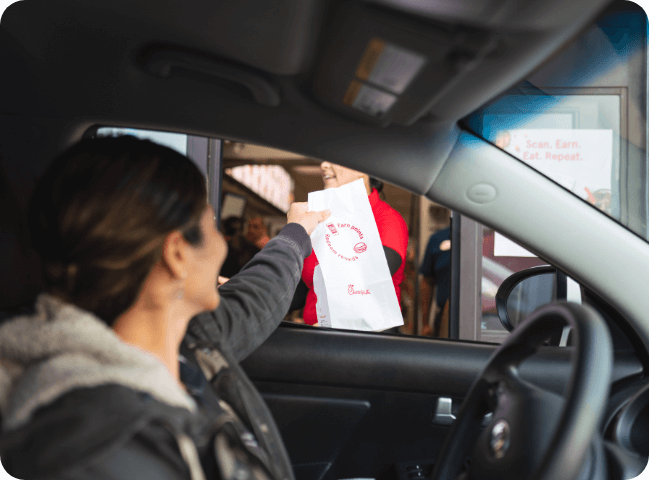The UK foodservice industry is a dynamic and integral part of the country’s economy, encompassing a wide range of establishments, from traditional pubs and restaurants to fast-food chains and catering services. This report provides an overview of the industry’s current landscape, including market size, key segments, major players, and emerging trends. It also examines the impact of factors such as Brexit, changing consumer preferences, and technological advancements on the industry’s growth prospects.
Industry Overview
Market Size and Growth
The UK foodservice industry is one of the largest in Europe, generating billions in revenue annually. Despite challenges posed by the COVID-19 pandemic and Brexit uncertainties, the industry has shown resilience, with gradual recovery observed in recent years. The market is characterized by a diverse mix of independent eateries, chain restaurants, and food delivery services, catering to a broad spectrum of consumer preferences.
Key Segments
- Full-Service Restaurants: Traditional sit-down dining establishments offering a variety of cuisines and dining experiences.
- Quick-Service Restaurants (QSRs): Fast-food chains and casual dining outlets providing convenient and affordable options for on-the-go consumers.
- Pubs and Bars: Integral to British culture, pubs and bars serve as social hubs, offering drinks, pub grub, and live entertainment.
- Cafés and Coffee Shops: With a strong coffee culture, cafés and coffee shops have proliferated, offering specialty coffees, pastries, and light meals.
- Food Delivery Services: The rise of food delivery apps has transformed the industry, allowing consumers to order from a wide selection of restaurants and eateries for home delivery or takeaway.
Trends and Drivers
Health and Sustainability
- Demand for Healthier Options: Consumers are increasingly seeking healthier, ethically sourced, and sustainable food options, influencing menu offerings and business practices.
- Plant-Based and Vegan Options: The popularity of plant-based diets has led to the proliferation of vegan-friendly menus and meat alternatives across the industry.
Digital Transformation
- Online Ordering and Delivery: The growth of food delivery apps and online ordering platforms has reshaped consumer behavior and created new opportunities for businesses.
- Contactless Payment and Ordering: The adoption of contactless technology has accelerated, driven by hygiene concerns and convenience.
Premiumization and Experience
- Focus on Premium and Artisanal Offerings: Consumers are willing to pay more for high-quality, artisanal products and dining experiences.
- Food Tourism: Culinary tourism is on the rise, with visitors seeking authentic British dining experiences and regional specialties.
Challenges
Brexit Uncertainties
- Brexit-related uncertainties, including labor shortages and supply chain disruptions, pose challenges for businesses reliant on imported goods and migrant labor.
Rising Costs and Competition
- Operating costs, including rent, wages, and food prices, continue to rise, putting pressure on profit margins and intensifying competition within the industry.
Regulatory Compliance
- Compliance with food safety regulations, allergen labeling requirements, and environmental standards adds complexity and costs for foodservice businesses.
Future Outlook
Innovation and Adaptation
- Businesses that innovate and adapt to changing consumer preferences, embrace technology, and prioritize sustainability are likely to thrive in the evolving market landscape.
Localization and Regionalization
- The promotion of local and regional cuisines and ingredients presents opportunities for businesses to differentiate themselves and appeal to diverse consumer tastes.
Diversification and Collaboration
- Diversifying revenue streams and forming strategic partnerships can help businesses navigate challenges and capitalize on emerging trends in the foodservice industry.
Conclusion
The UK foodservice industry faces challenges and uncertainties, but it also presents opportunities for innovation, growth, and differentiation. By staying agile, embracing technology, and catering to evolving consumer preferences, foodservice businesses can position themselves for success in the dynamic and competitive UK market.



